
Environment/
Sustainability
Sustainability is at the core of Gracefield Island’s vision. Our commitment to positively impacting the community, enhancing health and safety standards, and minimising environmental impact drives every aspect of our development.
To promote greener living, we have implemented a multi-modal transportation plan that encourages walking and cycling through the construction of pedestrian pavements and cycling lanes. Our infrastructure also includes provisions for Electric Vehicle (EV) Charging Stations, supporting the creation of a Low Emission Zone.
This dedication to sustainability is reflected in our Environment Management Plan (EMP), which has been proactive in banning the use of Styrofoam and significantly reducing single-use plastic containers since 2021. Our Annual Canal Clean-up Community Project demonstrates our determination to prevent pollution, while waste sorting initiatives make waste management more efficient and boost recycling efforts.

Plastic Free
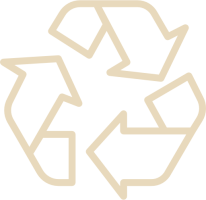
Reduce Reuse Recycle

Dedicated Cycling Lane

Rainwater Harvesting
A 'No Plastic' campaign has been launched on the Island to reduce plastic footprints
A practical approach to waste management involving the 3’Rs- Reduce, Reuse and Recycle is a culture on Gracefield Island.
Dedicated cycling lane: Alternative to driving are encourage on Gracefield Island to avoid carbon emissions.
Rainwater harvesting (RWH) is one of the criteria in roof tops selection as RWH is used for portable and non – portable purpose both in residential and commercial buildings.
Corporate social responsibility (CSR) project: Gracefield island annually celebrates WORLD ENVIRONMENTAL DAY AND OCEAN CLEAN UP Outreach. A sensitisation and environmental exercise are essential parts of the celebration.
The above is to continually modernise the energy and waste infrastructure and to ensure Gracefield Island remains at the forefront of sustainability.
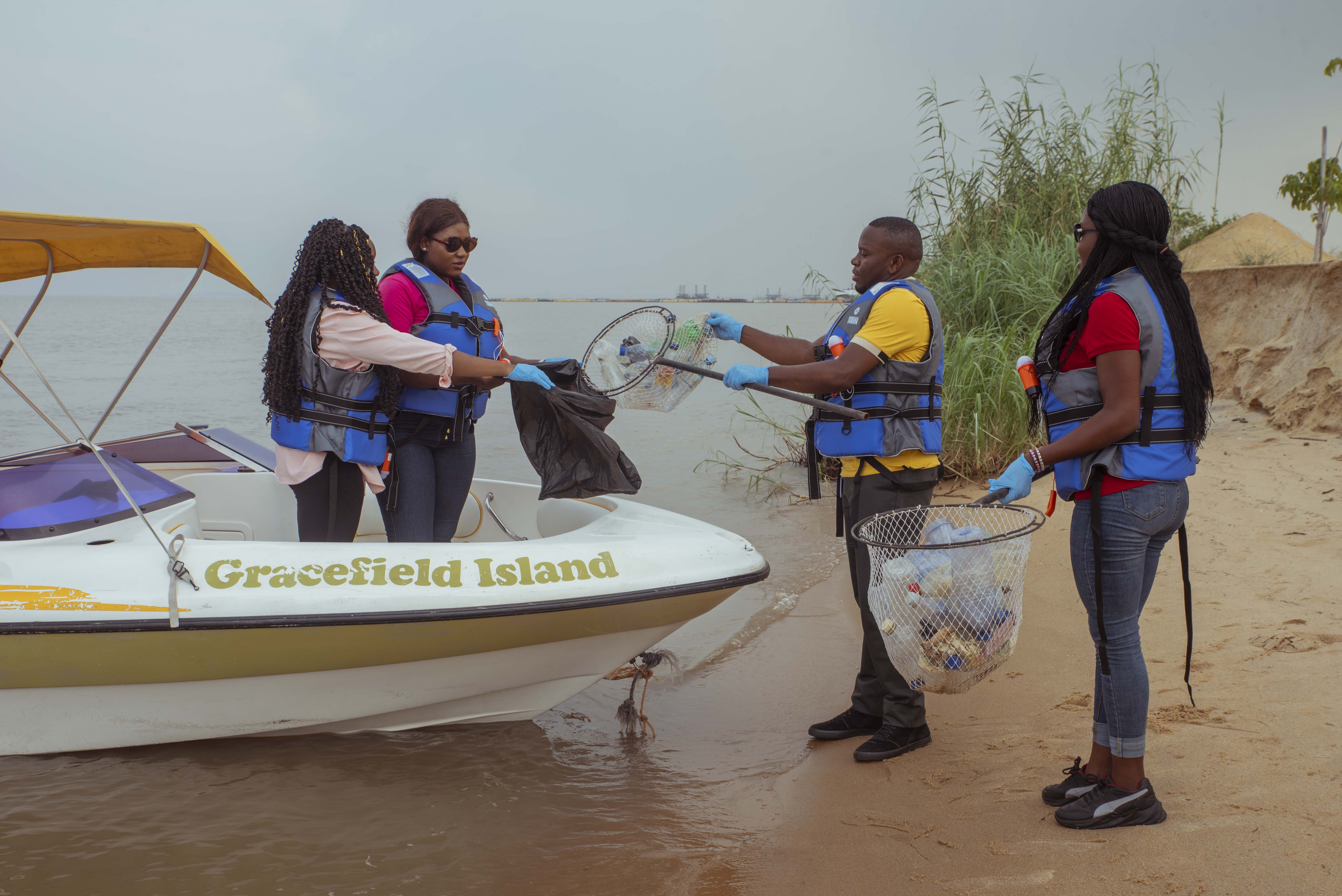
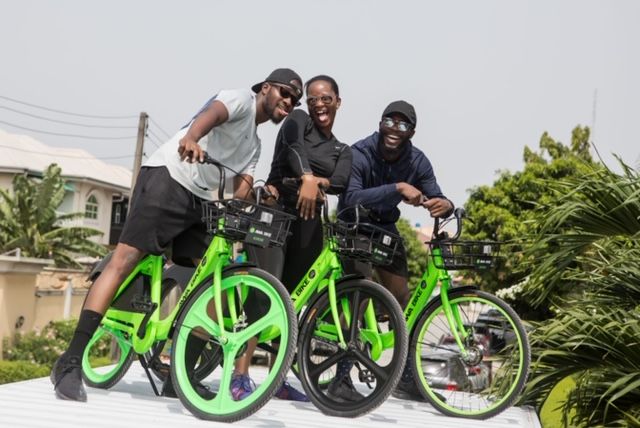
Cycling on the Island
Cycling is an integral part of mobility within Gracefield Island, therefore we have designed about of 5 kilometres of dedicated cycling lane into our road network. We have cycle parks located in 6 different parts of the island. We have plans for social and keep-fit activities around cycling, all year round.
Plant Nursery
Gracefield Island is equally committed to enhancing biodiversity. To date, we have planted over 7,000 trees, including an orchard with more than 50 varieties of fruit-bearing trees. These range from popular species like mango, citrus, and guava to more exotic varieties such as African Rose apple, soursop, and Southern African kola. In addition to fruit trees, our landscape integrates a diverse array of ornamental plants, shrubs, and creepers, contributing significantly to local biodiversity and reducing urban heat.
Our planting initiatives also play a crucial role in carbon sequestration. The trees and plants on Gracefield Island effectively remove excess carbon dioxide from the atmosphere, furthering our commitment to building a sustainable, resilient environment.
At Gracefield Island, we are proud to lead the way in protecting and enriching the environment, ensuring a greener future for generations to come.
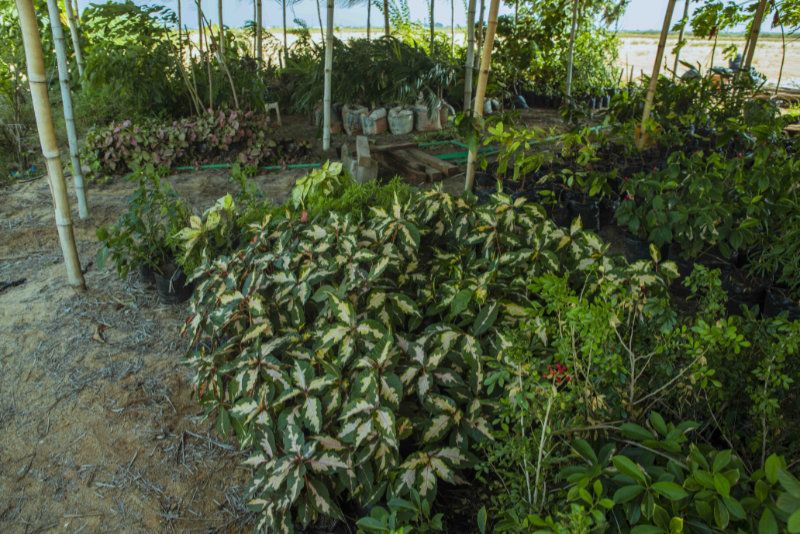
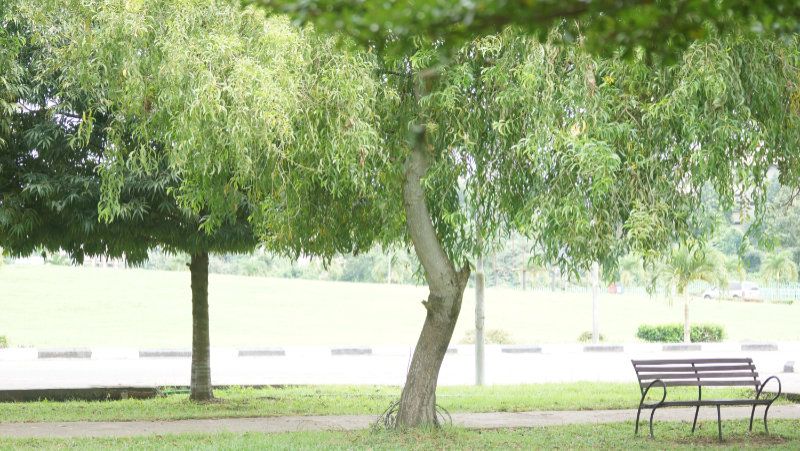
Central Park
Corporate social responsibility (CSR) project: Gracefield island annually celebrates WORLD ENVIRONMENTAL DAY AND OCEAN CLEAN UP Outreach. A sensitisation and environmental exercise are essential parts of the celebration.
The above is to continually modernise the energy and waste infrastructure and to ensure Gracefield Island remains at the forefront of sustainability.
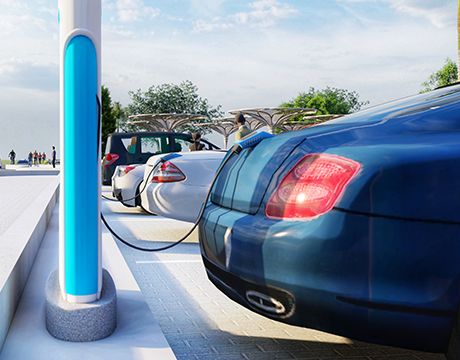
Ultra-Low Emission Zone (ULEZ)
On the Gracefield Island, we are very intentional about sustainability. A key aspect of our sustainability objective is to reduce carbon emission within Gracefield Island by vehicular traffic and individual power generators among other common sources of carbon emission in Nigeria. In this wise, Gracefield Island is starting out as a Low Emission Zone (LEZ) development, with intention to achieve the level of Ultra Low Emission Zone.
In view of the above, we have integrated Electric Vehicle Charging (EVC) points into our urban planning to encourage and support the switch the Electric vehicles away from carbon emitting combustion engine vehicles. We are structured to provide regular and stable power to our residents and businesses on Gracefield Island and therefore, we prohibit the acquisition and use of individual power generators on our Island, as this is a widespread of Environmental pollution and emission in Nigerian cities. There are multiple measures in place to reduce and prevent carbon emission on Gracefield Island.